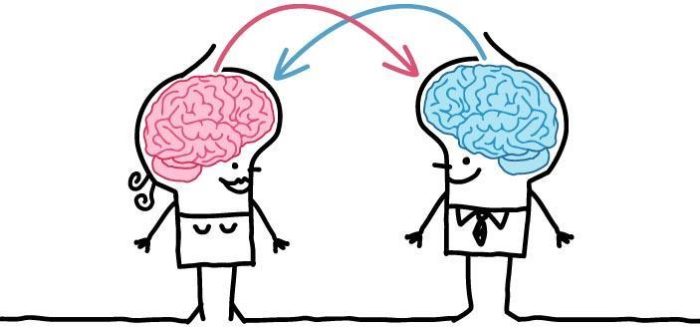 A couple of weeks ago, I had the pleasure of presenting at the 2016 conference of the PA Pupil Service Administrators (PAPSA) along with Christopher Pugliese of the Upper Darby School District, where we reviewed the challenges, successes, and lessons learned in the course of implementing our SUPR Teacher program at Upper Darby (which recently received some nice press coverage at a local newspaper). The audience was engaged, smart, and appreciative. I’m glad to say that officials from a number of districts have since contacted me to inquire about implementing the program at their districts.
A couple of weeks ago, I had the pleasure of presenting at the 2016 conference of the PA Pupil Service Administrators (PAPSA) along with Christopher Pugliese of the Upper Darby School District, where we reviewed the challenges, successes, and lessons learned in the course of implementing our SUPR Teacher program at Upper Darby (which recently received some nice press coverage at a local newspaper). The audience was engaged, smart, and appreciative. I’m glad to say that officials from a number of districts have since contacted me to inquire about implementing the program at their districts.
At the start of our presentation, I asked people: “Who here felt like they did something well, or like they’re a good person, as a result of something they were told today?” Out of approximately 50 people, two hands went up.
Granted, this was fairly early in the morning, so maybe people have not yet had a chance to interact meaningfully with others. But then I asked my second question: “Who here, this morning, said something to another person to let them know that they did something well or that they were a good person?” about half the people raised their hands.
Almost nobody was told something that made them feel like they were competent and/or good, but about half said something to others with the goal of making the other person feel competent and/or good. This was an interesting mismatch, which we discussed briefly as a way to introduce the rationale behind the SUPR Teacher program.
It is possible that the people present were, as a group, more likely than most people to give this kind of praise and, as an unfortunate side effect of being kinder than usual, received less. However, it is also possible that people sometimes say things with the intention of making the other person feel competent/good, but their words don’t have the intended impact. As an extreme example, imagine that people in the group I spoke with only interacted with each other that morning. If half the people say they gave meaningful praise and almost none of the people say they received meaningful praise, this could mean that the praise was actually not explicit or clear enough for the receivers to hear, or to believe.
The assumption of telepathy is a dangerous thing in relationships of any kind. We often believe people know how we feel about them (“of COURSE I’m proud of him, he’s doing really well”), and so we don’t say it or show it explicitly (“…if I wasn’t happy with him I’d tell him – if I don’t say anything than he knows everything is okay”). But most people don’t know how you feel about them. Think for a moment about how nice it feels when somebody expresses their genuine appreciation to you. Does it ever annoy you? Do you ever wish they hadn’t? Most of us relish these expressions of warmth and appreciation whenever they happen.
In his book The Five Languages of Love, Gary Chapman discusses different ways that people show and perceive love, and how important it is to show love in a way that is meaningful to the person you are showing it to. Similarly, when we educate teachers, administrators, parents or students about strengthening relationships, we spend time on the importance of giving praise and demonstrating care in a way that is meaningful to the recipient. Some people enjoy public praise, and others prefer a private compliment; some people appreciate being challenged and others need more validation. These preferences can also change at different times: When a personal crisis is unfolding, there are times when people relish the opportunity to attend to things other than themselves, and times when they desperately want to process their own experiences. Our free training resource “PRAISE LIKE A PRO” can help you teach (and learn) more about offering excellent, effective praise.
The simplest and most straightforward way to communicate your appreciation for another person is to be completely explicit about it. Rather than just saying “thanks for breakfast” we can also say “it was really delicious”. Rather than saying “see you next week” we can say “I’m glad we’re working together”. Knowing the preferences of the person you are communicating with is also important, in terms of finding the type of praise that is most comfortable for them – and if we’re not sure, we can always ask (“do you mind if I share with the class how great your work is?”). Being explicit about the warmth that you feel toward someone else can be challenging when you’re not used to it, but realizing how much better you make them feel (and the deposit you make into your relational bank account with them) is hugely rewarding.
After all, wouldn’t you want that person to be able to raise their hand if someone asks: “Who here felt like they did something well, or like they’re a good person, as a result of something they were told today?”
